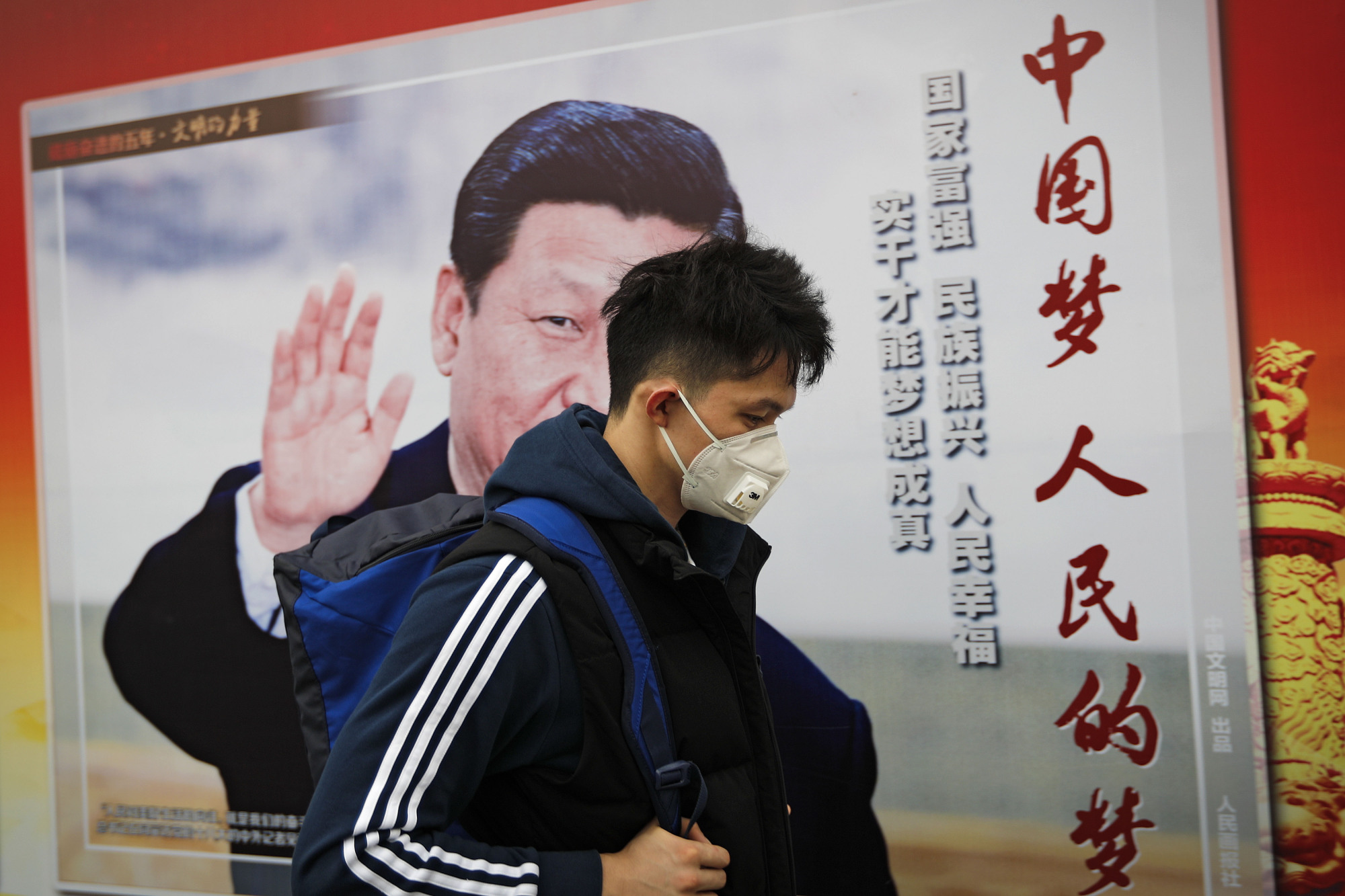China is at a turning point in its history — one that will have profound implications for the rest of the world, but especially for Asia. Neighboring countries, from Japan to India, are already bearing the brunt of Beijing's recidivist policies.
The just-concluded 19th Chinese Communist Party Congress put its imprimatur on President Xi Jinping's centralization of power by naming no clear successor to him and signaling the quiet demise of the collective leadership system that has governed China for more than a quarter century. The congress, in essence, was about Xi's coronation as China's new emperor. By enshrining the "Xi Jinping Thought on Socialism with Chinese Characteristics in a New Era" in its constitution, the party has made this new "ideology" — just like Marxism-Leninism and Mao Zedong's thoughts — compulsory learning for Chinese students at all levels.
To be sure, the lurch toward absolutism didn't happen suddenly. Xi spent his first five-year term tightening control on society. While strengthening censorship and using anti-corruption probes to take down political enemies, he steadily concentrated powers in himself. A year ago, he got the party to bestow on him the title of "core" leader.



















With your current subscription plan you can comment on stories. However, before writing your first comment, please create a display name in the Profile section of your subscriber account page.